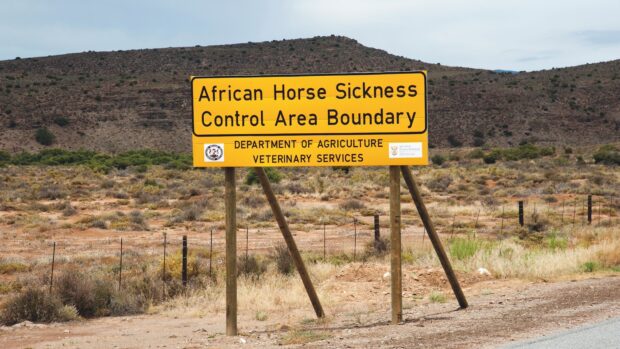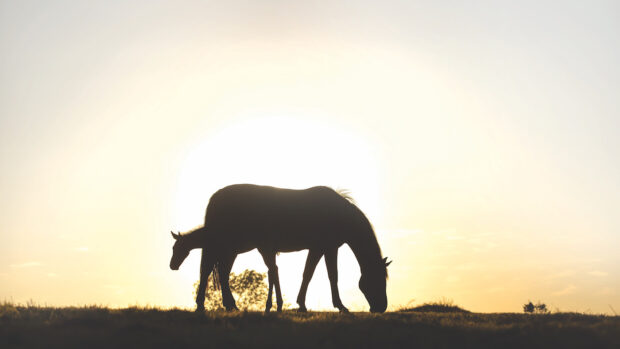Equestrian businesses that compost muck to use as fertiliser will have to pay an annual fee of up to £500 under new government legislation. The regulations come into force on 1 July 2005, and have taken the horse industry by surprise.
Manure from privately kept horses is classed as household waste and will be exempt. But manure from businesses — from livery yards to studs and riding schools — is classified as industrial waste, so the way it is kept, treated and disposed of is currently subject to the Waste Management and Licensing Regulations (1994).
One of the stipulations of these regulations is that muck must be taken away by a licensed remover, unless it is composted on site for use as a fertiliser.
From July, annual charges will be imposed on equestrian businesses that compost muck heaps of more than five tonnes. They will have to install impermeable (concrete) pads beneath muck heaps, with sealed drainage — in other words, a holding tank for liquid that runs off — at a potential further cost of thousands of pounds.
“Horse manure is potentially harmful to the environment and human health, particularly when stored or spread near water — the nitrates from run-off can render water undrinkable,” said a DEFRA spokesman. “It is therefore important that it is dealt with appropriately and safely.”
The average horse produces nine tonnes of manure a year, so although most larger businesses are likely to have their muck heaps removed regularly, composting is a viable and much-used alternative for smaller yards.
A muck heap of less than five tonnes will not incur a charge, but one of between five and 50 tonnes will cost £252 for the first year and £174 thereafter, while 50-400 tonnes will cost £482 for the first year and £402 each year after that.
The funds will be reinvested back into the Environment Agency, according to DEFRA’s spokesman, who added: “There may be exemptions on a case-by-case basis, but individuals will have to speak to their local Environment Agency.”
Duncan Brown, chairman for the Association of British Riding Schools, was unaware of the forthcoming legislation when first contacted by Horse & Hound.
He said: “It will affect riding school proprietors through increased costs. As manure has been spread for as long as land has been farmed, you wonder what the problem is, especially as farmers are being urged to return to organic systems.”
The British Horse Society (BHS) has met with members of DEFRA’s horse team to discuss the issue, but was not made properly aware of the new law. It has asked for clarification, and until then did not want to comment.
Tony Williamson, head of DEFRA’s horse team, said: “We’re working with waste management to ensure this doesn’t present a problem for the horse industry.”
- This exclusive news story was first published in Horse & Hound (28 April, ’05)

 Get up to 19 issues FREE
Get up to 19 issues FREE
 UK’s No1 weekly for Horses for Sale
UK’s No1 weekly for Horses for Sale
 Latest results and reports
Latest results and reports
 TO SUBSCRIBE CLICK HERE
TO SUBSCRIBE CLICK HERE





